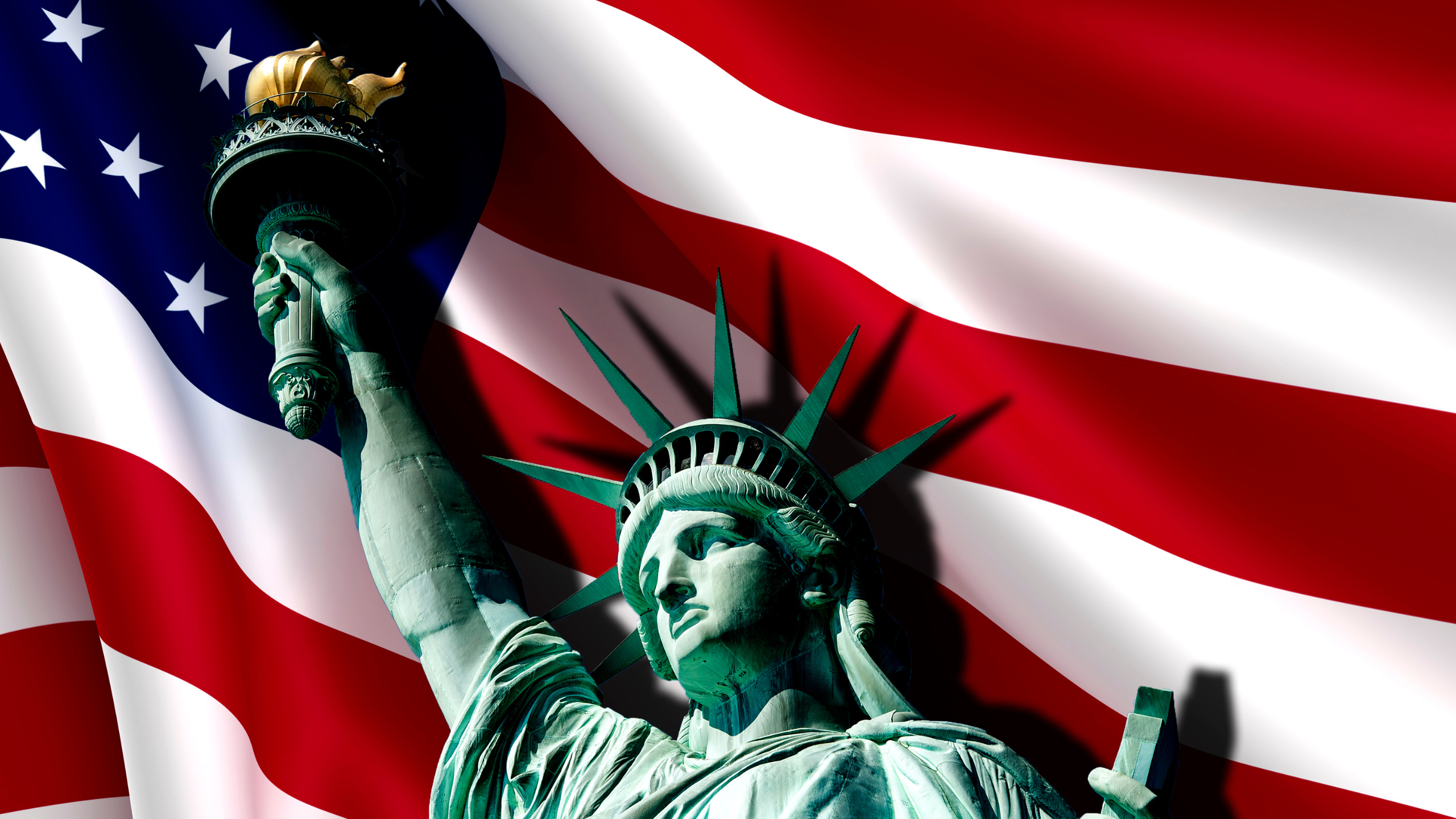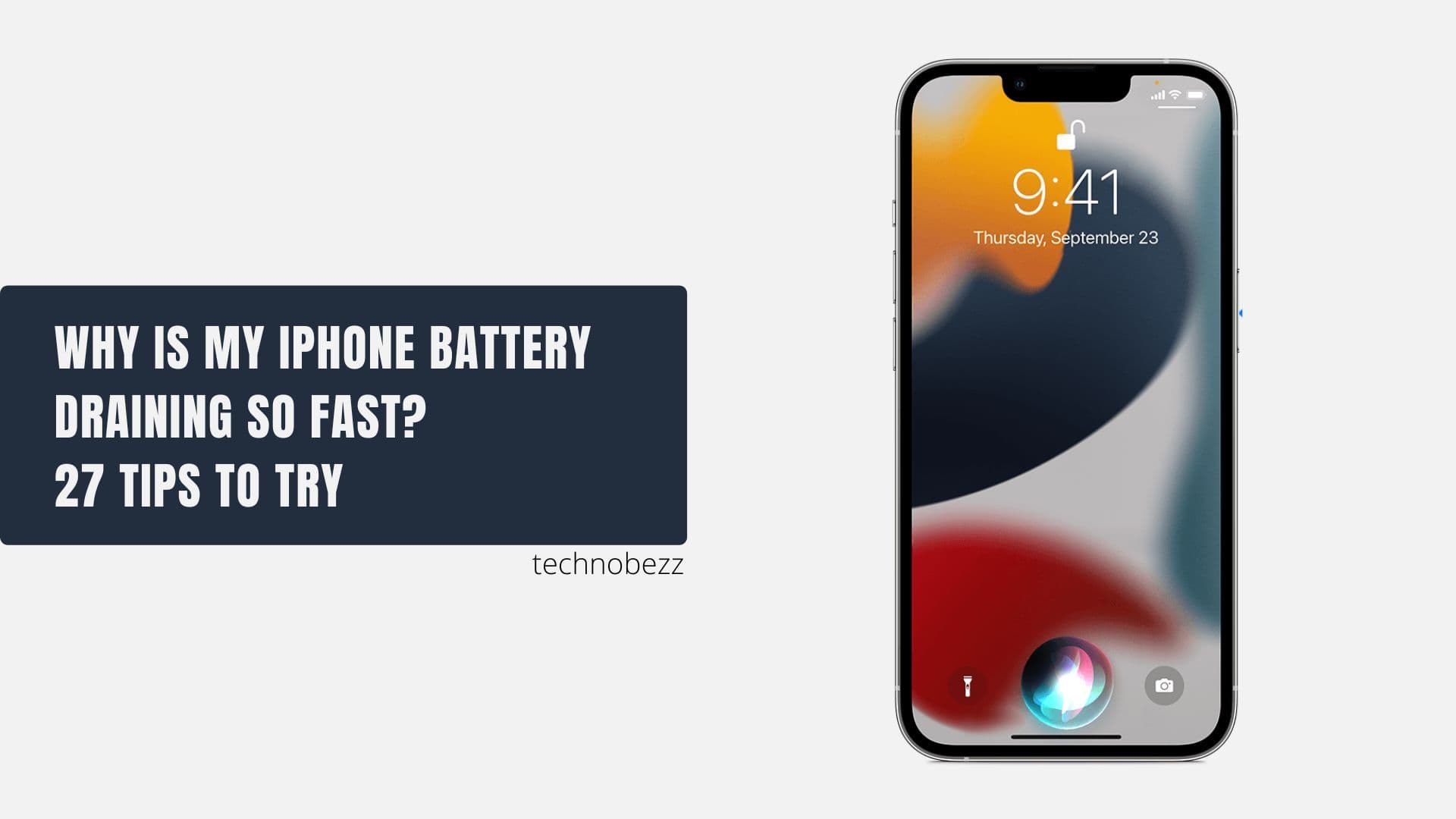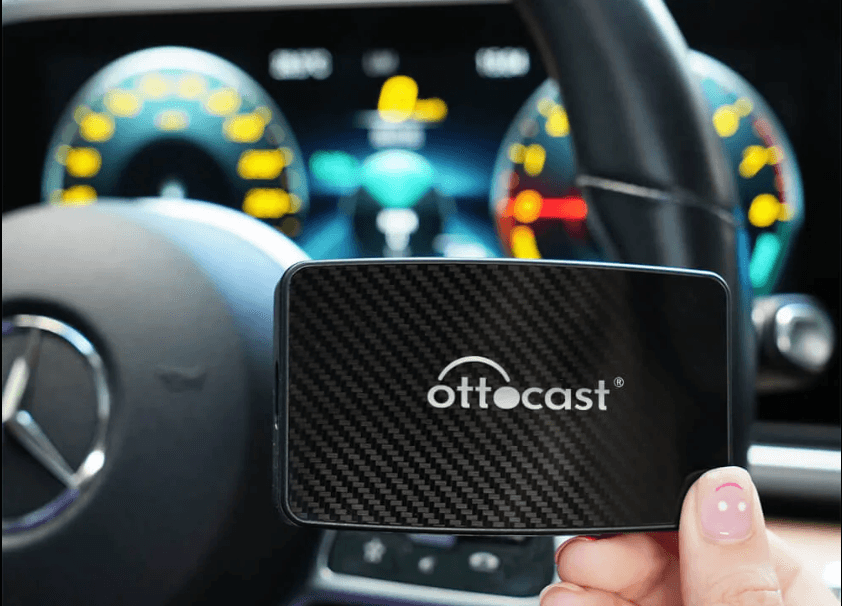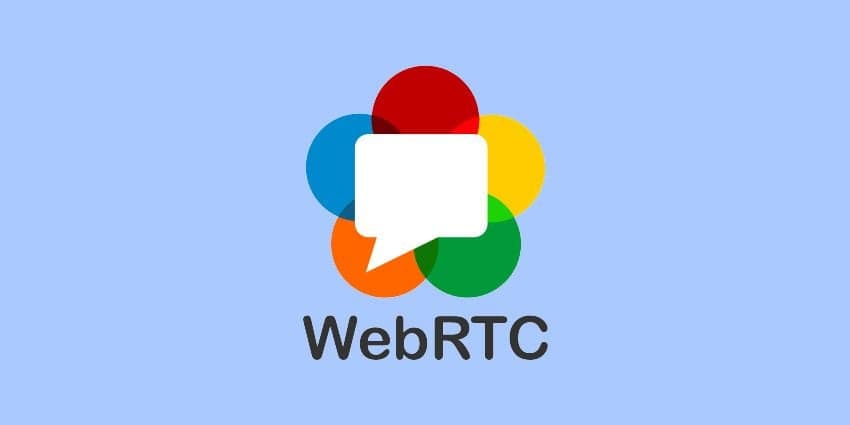TikTok vs. U.S. Ban: A Battle for Free Speech?

TikTok isn't just standing by. The social media giant has decided to take on the U.S. government head-on by filing a lawsuit that challenges a pretty tough new law. Under this law, TikTok’s parent company, ByteDance, faces a stark choice: sell TikTok or see it banned across the country. The company took this fight to the U.S. Court of Appeals for the D.C. Circuit, claiming the law messes with First Amendment rights by unfairly targeting one platform and messing with free speech.
Signed into law by President Joe Biden on April 24, this piece of legislation has not just ruffled feathers at TikTok but also among free speech advocates. They're saying it unfairly targets TikTok, potentially setting a worrying trend for how foreign-owned platforms are treated.
TikTok’s argument?
The law creates an unfair "two-tiered speech regime" and gives ByteDance a fake choice: quickly sell off its U.S. operations or shut down.
The core of this lawsuit is a real challenge: it’s about balancing act between protecting national security and respecting freedom of speech. The U.S. government and some lawmakers say that TikTok could be a security risk, citing potential ties to the Chinese government. TikTok, however, says these concerns are more speculative than evidence-based.
This isn't just about one company or app. It’s a bigger conversation about how democracies balance security with freedom of speech. Critics of the ban say it's akin to what you’d expect from more repressive regimes—not open societies that champion free access to information. If the ban goes through, it wouldn’t just mute TikTok—it’d silence over 170 million American users and shrink the digital space where they share and create.
And here’s where it gets even bigger: This battle might just redefine the role of digital platforms in public discourse.
How will the courts decide?
This could set major precedents for how digital platforms fit into U.S. constitutional law.

Legal experts are buckling up for a long ride, possibly all the way to the Supreme Court. The stakes? They couldn’t be higher, as the outcome could change the game for digital rights and free speech in the U.S., impacting how future laws tackle technology and ownership in this digitally driven world.
As the case unfolds, it’s sure to draw eyes from folks in civil liberties, tech policy, and international relations. This is a critical moment for the regulation of digital platforms, one that demands a good, hard look at the intersection of law, ethics, national security, and freedom of expression.
Also Read

Lenovo Debuts Solar-Charging Laptop That Turns 20 Minutes of Sunlight Into Hour of Video

Ottocast Car TV Mate Max Review – A Versatile In-Car Entertainment Adapter

iPhone Battery Dying In Minutes? 23 Real Fixes That Work

Ottocast Play2Video Pro Ups the Game in Affordable Car Entertainment

Ottocast OttoAibox P3 Powers a Smarter Driving Experience








